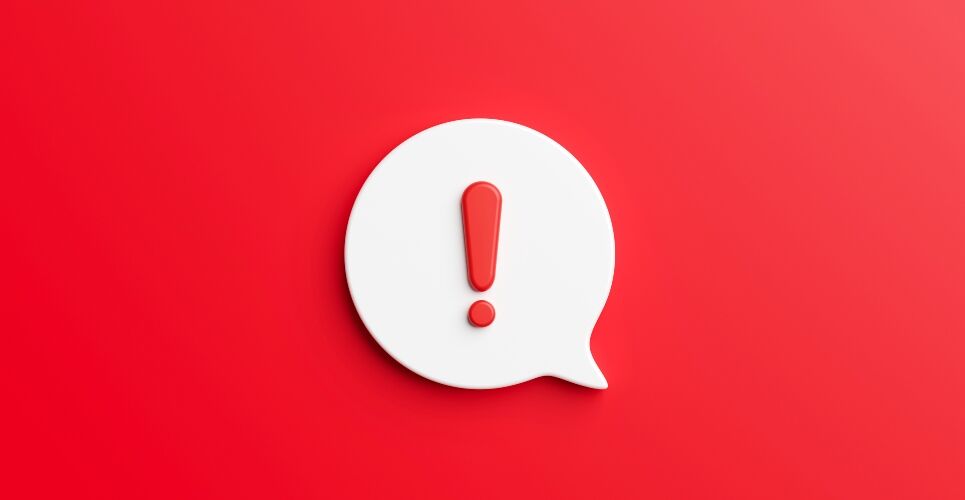A patient alert card warning of potential psychiatric and sexual side effects of finasteride will be introduced into packs of the medicine this year, following a review into the drug’s safety.
Finasteride is used by men as a 5mg dose under the brand name Proscar to treat benign prostatic hypertrophy and as a 1mg dose under the brand name Propecia to treat androgenic alopecia.
It has been reported to cause depressed mood, depression, suicidal thoughts, as well as sexual dysfunction that can sometimes persist even after patients stop taking the medicine.
While these side effects are listed in the Patient Information Leaflet (PIL), the Medicines and Healthcare products Regulatory Agency (MHRA) commissioned a review after concerns were raised by patients that these side effects were not well known among patients and healthcare professionals.
This was then considered by the Pharmacovigilance Expert Advisory Group (PEAG) of the Commission on Human Medicines (CHM), which recommended the introduction of a patient card to increase awareness about these risks.
Healthcare professionals have been advised to ask patients if they have a history of depression or suicidal ideation before prescribing finasteride and to monitor patients for psychiatric and sexual side effects, as well as advising patients of what to do if they do develop these symptoms while taking the drug.
The MHRA warned men taking the drug to be vigilant for potential psychiatric and sexual side effects.
Patients taking finasteride 5 mg for benign prostatic hypertrophy, should consult their doctor immediately if they experience depression or suicidal thoughts, while those taking finasteride 1 mg for androgenic alopecia who develop depression or suicidal thoughts should stop treatment and contact their doctor.
‘Any concerns about sexual dysfunction should be discussed with your healthcare professional,’ she added.
Patients should also be encouraged to show the patient alert card and the patient leaflet to friends and family, as they may not notice changes to their own mood, the MHRA said.
A previous drug safety update was issued in 2017 but at the time the potential for persistence of some of the side effects was not well known, the review which looked at Yellow Card reports as well as published literature said.
Since 1992 there had been 426 Yellow Card reports of finasteride and sexual dysfunction with the issue recorded as ‘not recovered‘ or ‘not resolved‘ in almost half of cases.
The MHRA had also received 281 reports of finasteride and depressed mood disorders and suicidal and self-injurious behaviours since 1993.
Following the recent review, Dr Alison Cave, MHRA chief safety officer, said: ‘It’s crucial that patients are aware of vital information about the medicines they’re taking.
‘The new patient alert cards aim to raise awareness among men taking finasteride about the potential for psychiatric and sexual side effects, so they can make an informed decision about their treatment and know what to do if they experience these side effects.‘
She also urged healthcare professionals to continue to report any suspected adverse drug reactions associated with finasteride via the MHRA Yellow Card scheme.
Another recent drug safety update from the MHRA advised healthcare professionals involved in the prescribing of montelukast as an oral add-on therapy for the treatment of asthma in patients aged six months or older to be alert to serious behaviour and neuropsychiatric reactions associated with the treatment.
A version of this article was originally published by our sister publication The Pharmacist.

